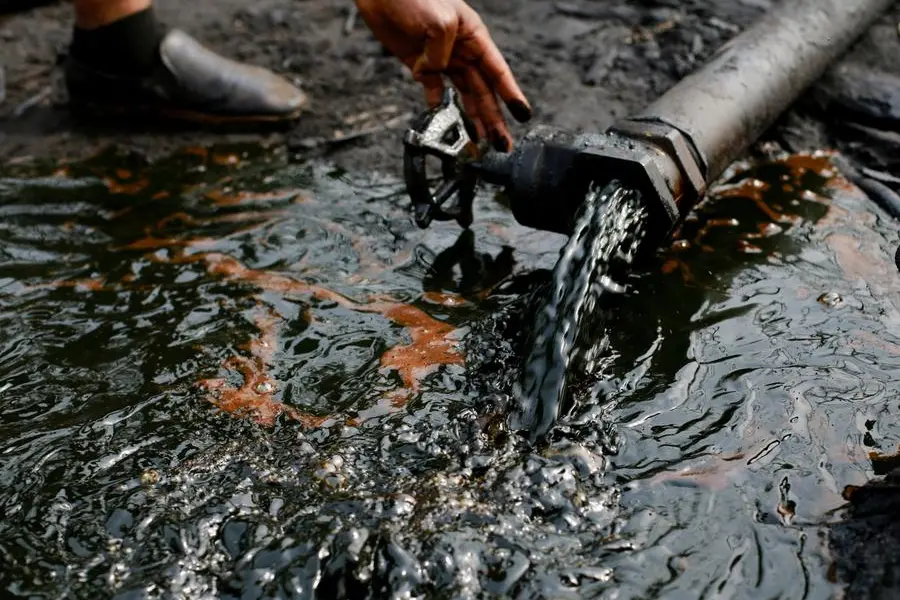PHOTO
Nigeria is not benefitting from high global oil prices due to low crude production, primarily due to oil theft and pipeline vandalization, the Nigeria Economic Summit Group (NESG), a private sector-led think-tank and policy advocacy group, said in a recent note.
Falling investment and divestment caused by oil theft, high cost of production and a challenging operating environment are among other reasons for these woes.
The country’s external reserves have been declining for most of 2022 while the Naira continues to depreciate, with the country still operating multiple exchange rates, Asue Ighodalo, Chairman of NESG, wrote in the note.
Fiscal pressure is imploding because of declining revenues and soaring public debt, he said, adding that the Minister for Finance, Budget and National Planning recently alerted Nigerians that the cost of debt servicing has surpassed the government’s retained revenue as total public debt continues to rise.
The growing deficit means Nigeria will have to rely on borrowing to finance the 2022 budget.
“Despite some changes in the leadership of the national security apparatus, conditions have not improved. There is hardly any need to itemise the adverse impact of insecurity on food prices, productivity, ease and cost of doing business, investor confidence and national pride,” he noted.
Ighodalo suggested following the path of debt sustainability in the face of dwindling revenues and not creating a debt burden for future governments, calling for sanctions and effective tax systems to tackle revenue challenges.
There is no doubt that the nation is at an inflection point, and the actions (and inactions) of leadership will have significant implications for the direction of inflection, he said.
“It is still possible to turn the tide, and it is not too late to bring the nation out of the current quagmire,” Ighodalo concluded.
(Editing by Seban Scaria seban.scaria@lseg.com)




















